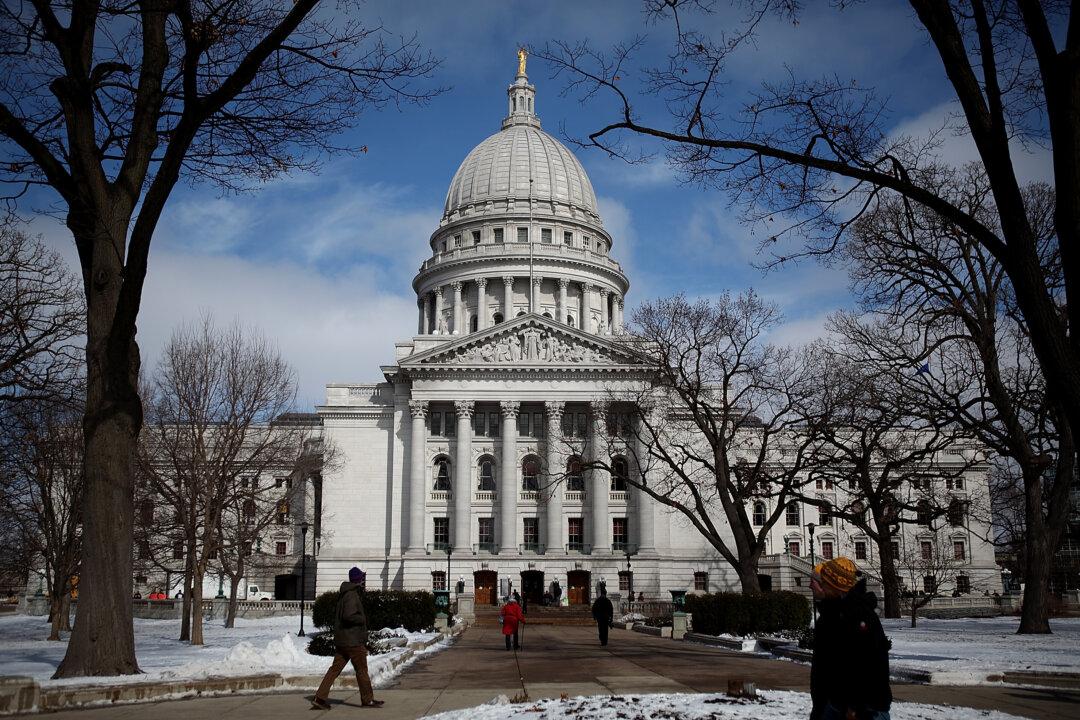Despite Democrat Gov. Tony Evers’s pledges to veto the plan, the Republican-controlled Wisconsin Assembly passed a roughly $3 billion income tax cut package (pdf) on Sept. 12.
The Assembly passed the measure along party lines with a 64–35 vote, pushing forward legislation that Republicans hope will reduce inflation and encourage retirees from Wisconsin to remain in their home state.





